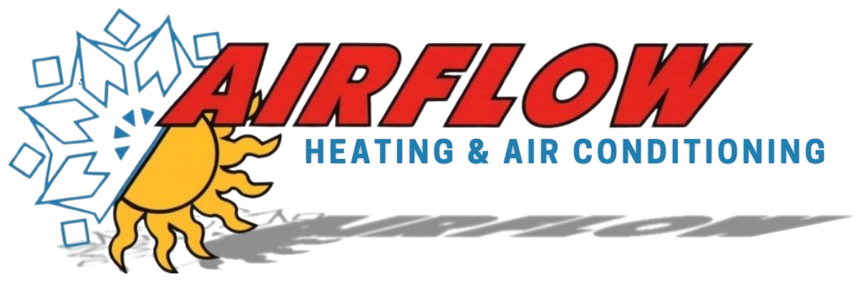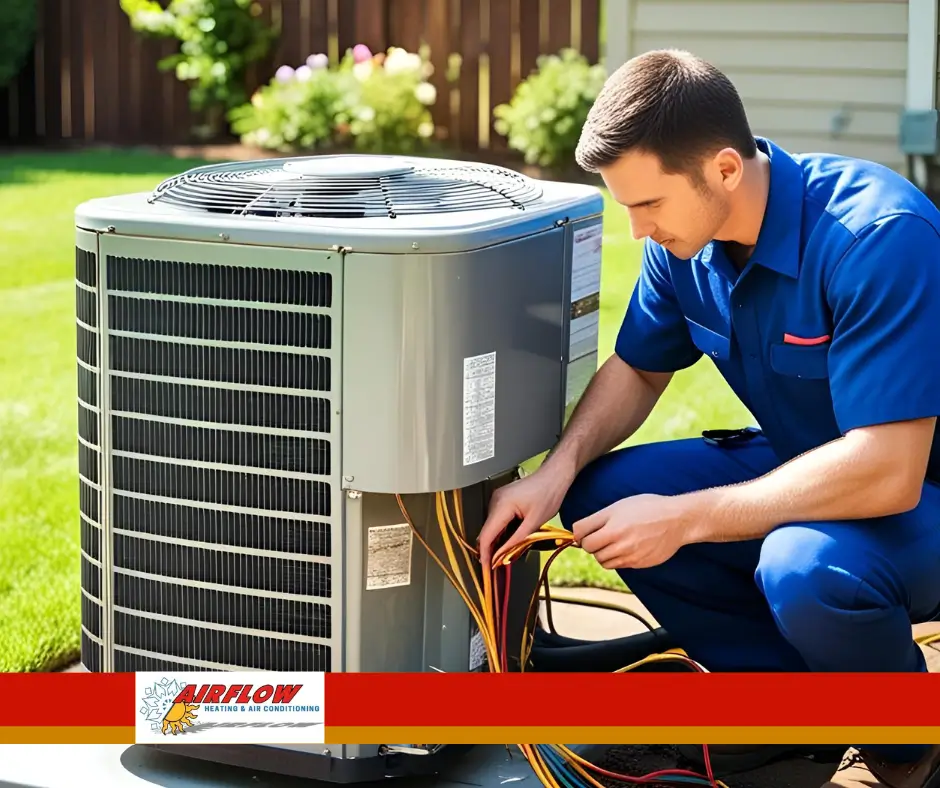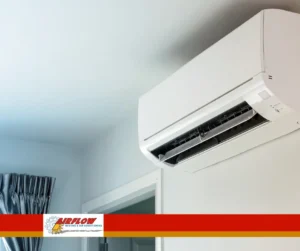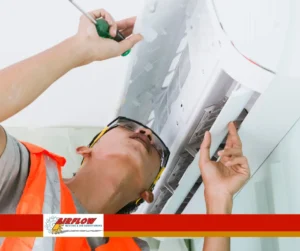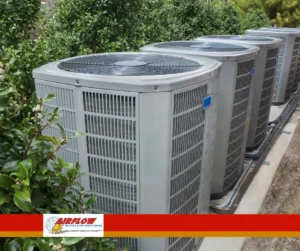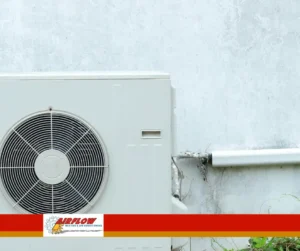When winter arrives, most people turn their attention to heating—but that doesn’t mean your air conditioner is off the hook. In fact, cold weather can silently cause several issues that affect your AC’s performance when warmer months return. That’s why proactive air conditioning maintenance is vital, even during the off-season.
Let’s break down the most frequent cold-weather AC problems and what you can do to prevent or fix them.
1. Frozen Coils and Refrigerant Lines
Freezing temperatures can cause condensation to form and solidify on your evaporator or condenser coils. This leads to poor heat exchange, decreased efficiency, and even long-term damage if not addressed.
How to Fix It:
- Shut off the AC system immediately to avoid further freezing.
- Allow the unit to thaw naturally, and check for blocked airflow or dirty filters.
- Schedule a seasonal HVAC inspection to verify refrigerant levels and airflow integrity.
Regular air conditioning maintenance ensures coils stay clean and refrigerant pressure is balanced year-round.
2. Compressor Damage from Ice Buildup
The outdoor compressor unit is especially vulnerable to snow and ice. If moisture seeps in and freezes, it can crack metal parts, destroy fan blades, or cause electrical shorts.
How to Fix It:
- Use a waterproof, breathable AC cover to shield your unit from snow, sleet, and hail.
- Clear ice gently using warm (not hot) water or a soft broom—avoid using sharp tools.
- Book professional air conditioning servicing if you hear grinding, buzzing, or clicking noises.
Preventive care is a cornerstone of smart HVAC maintenance, especially in winter.
3. Thermostat Malfunctions
Thermostats often act up in winter, especially older models. Sudden temperature drops can affect calibration and sensor accuracy, causing your system to behave unpredictably—or not run at all.
How to Fix It:
- Replace batteries and check settings for heating/cooling mode mix-ups.
- Upgrade to a smart thermostat for better seasonal performance and remote monitoring.
- Have a technician inspect wiring as part of a broader air conditioning system maintenance plan.
4. Rodent or Pest Intrusion
Small animals love the warmth of your idle AC system. Rodents can chew through wires, build nests in vents, or clog fan blades—leading to electrical failures or airflow restrictions.
How to Fix It:
- Inspect the unit and surrounding area for signs of nesting, droppings, or damage.
- Seal off entry points using mesh or steel wool around vents and panel openings.
- Request a full HVAC unit inspection during winter if you notice unusual smells or sounds.
Pest-related issues are often overlooked but can be avoided through proper wintertime air conditioning upkeep.
5. Electrical Component Failure
Cold and moisture don’t mix well with electrical parts. Circuit boards, relays, and sensors can corrode or short out if your AC isn’t properly insulated or maintained.
How to Fix It:
- Turn off the power at the breaker if you suspect an electrical issue.
- Have a licensed HVAC technician perform diagnostics and replace damaged components.
- Prevent these problems with scheduled air conditioning checkups every 6–12 months.
How to Prevent Cold Weather AC Issues Altogether
While it’s helpful to know how to fix these problems, prevention is always better (and cheaper) than repair. Here are three golden rules to follow:
- Cover your outdoor unit with a breathable AC cover.
- Disconnect power to the AC unit during the off-season to prevent accidental startups.
- Book wintertime air conditioning maintenance to ensure your system stays protected and ready for summer.
Conclusion: Don’t Let Winter Catch Your AC Off Guard
Your AC may not be active in the cold months, but it’s far from immune to weather-related damage. The best way to safeguard your investment is through consistent air conditioning maintenance—even when you’re not actively cooling your home.
With a little seasonal attention and expert support, your HVAC system will be ready to deliver peak performance as soon as the temperatures rise again.
READ MORE:
